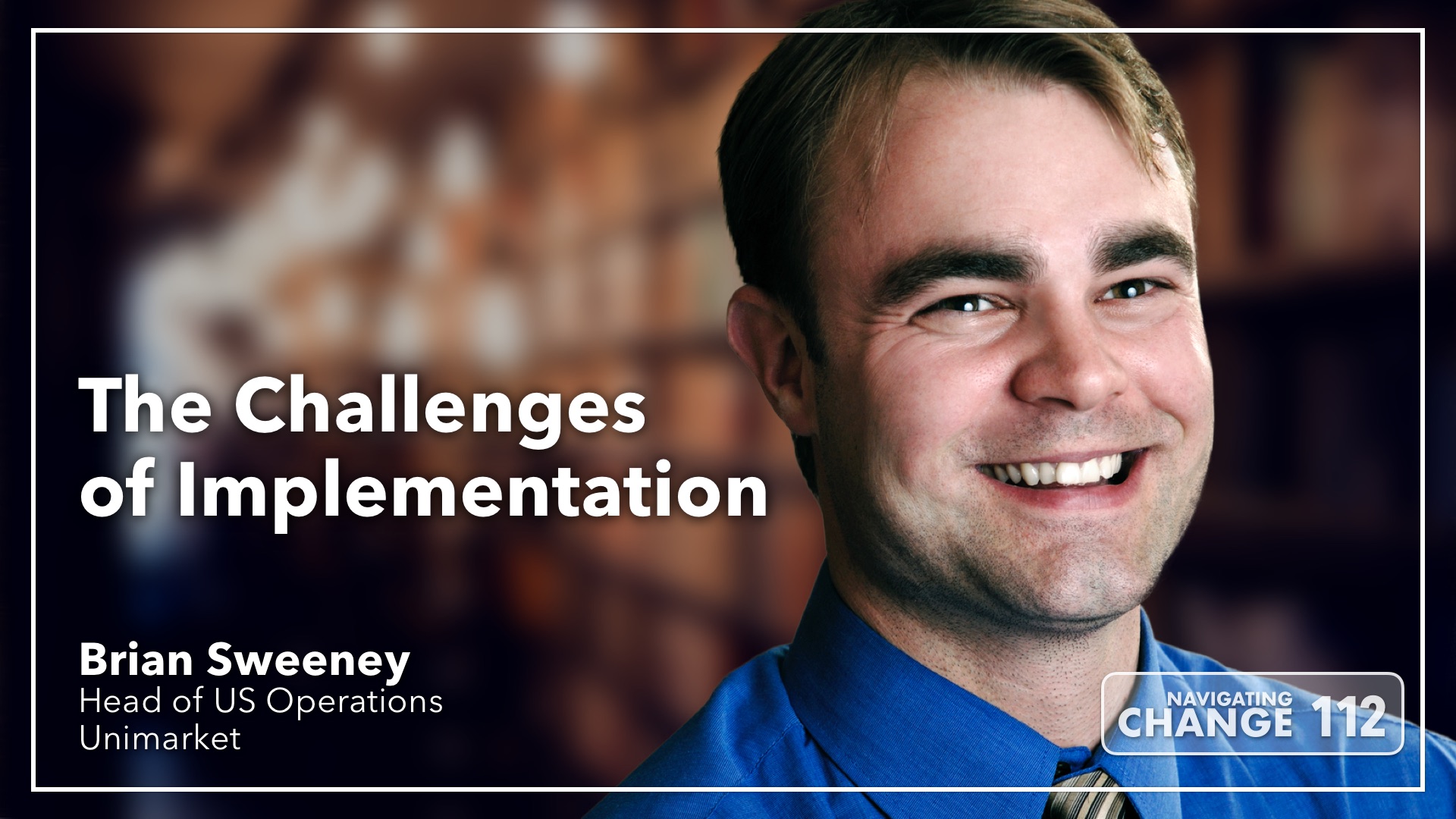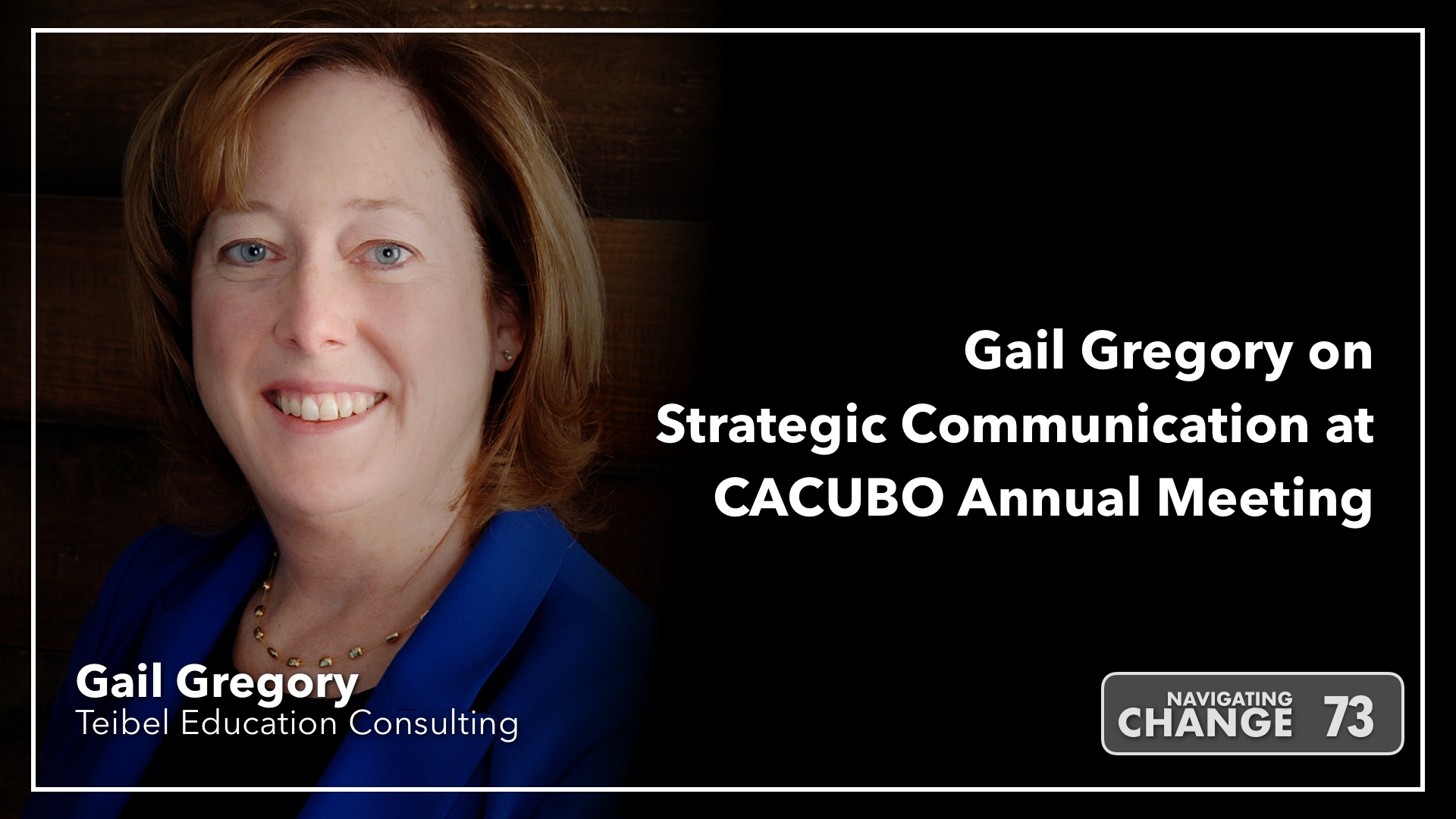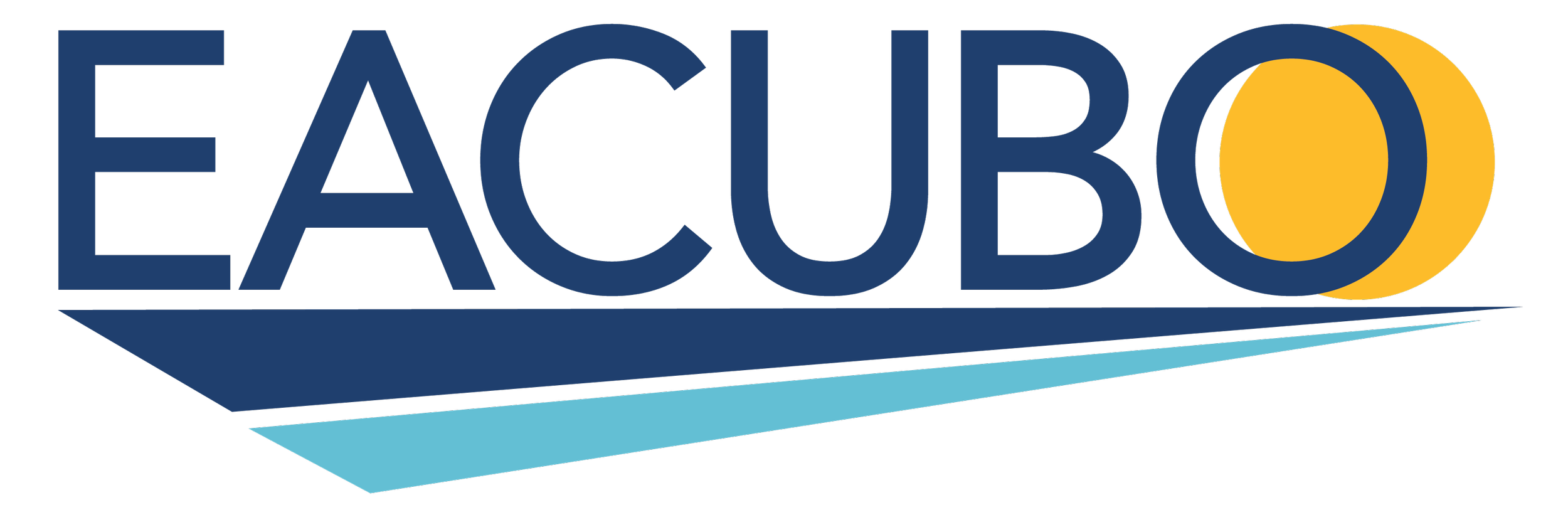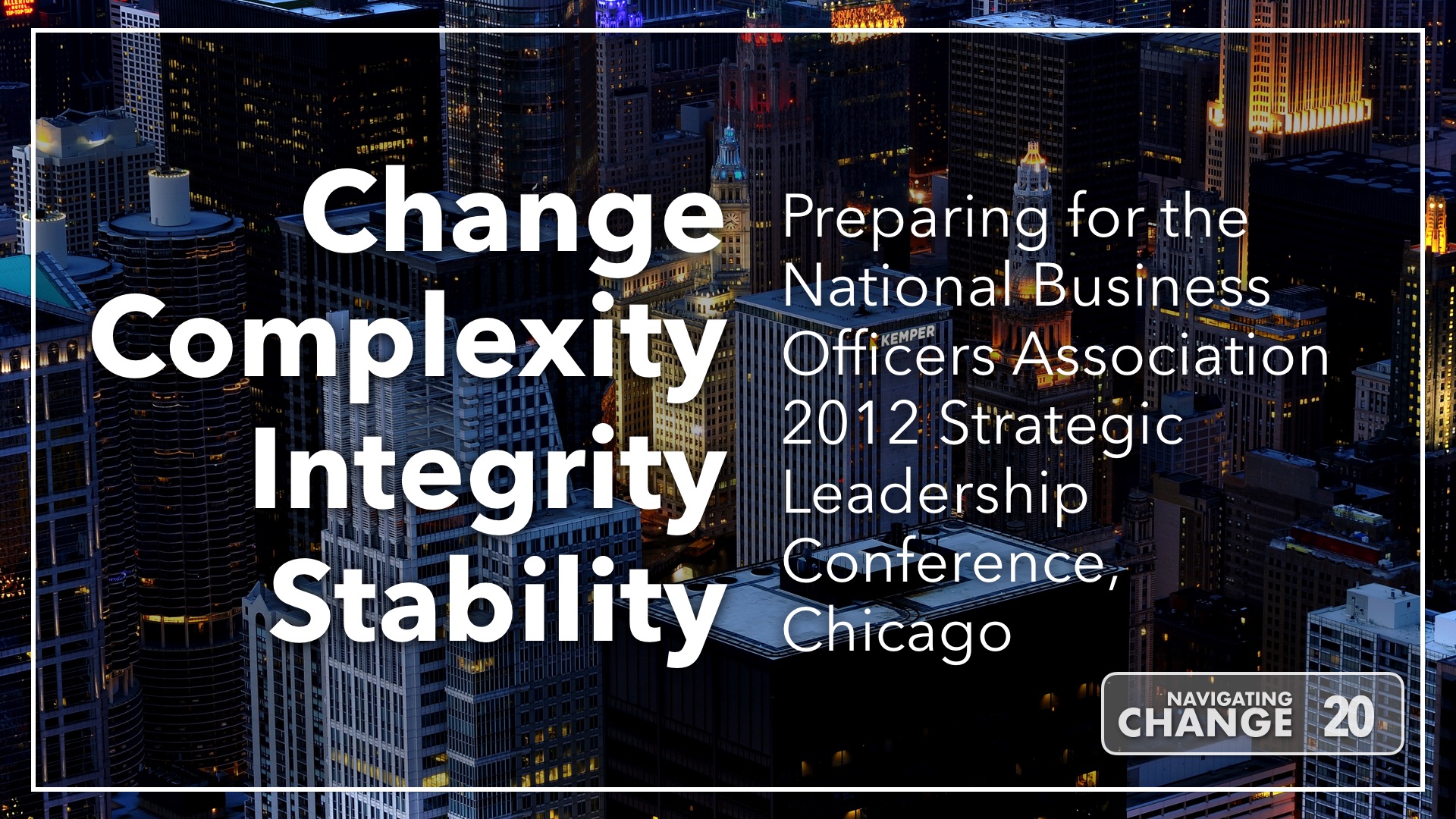
THE NAVIGATING CHANGE CATALOG IS HERE TO HELP YOU ENGAGE, PROVOKE, AND EDUCATE.
Navigating Change: The Podcast from Teibel Education

112: The Challenges of Implementation with Unimarket’s Brian Sweeney
Joining us on the show this week, special guest Brian Sweeney, head of US Operations for Unimarket. Brian offers unique experience in software project implementation in higher education and shares his insights into the cultural change that comes with technological innovation across campuses.

107: Be a Better Presenter with Gail Gregory
If you’re taking the stage as a presenter at the NACUBO 2015 Annual Meeting, you’re (hopefully!) well into preparing your presentation, rehearsing your slides, ensuring your jokes are funny, and timing what are sure to be copious applause breaks! But it’s never too late to learn from the greats, so this week on the show, Gail Gregory and Pete Wright are talking presentations, and offering insights that can help you turn your speech into a memorable NACUBO event!

100: Jesuit lessons on leading cultural change from AJCU 2015
You've heard us talk about this project before on the podcast in our series on Loyola's work. This week, we're looking back on the project as Howard and the Loyola leadership team take the stage to present the results of their work and the ongoing transformation they're seeing at the institution.

97: Dr. Larry Baker Brings Communication, Humor to Trusteeship at Des Moines University Medical Center
This week on Navigating Change, we continue our conversation on governance with trustee Larry Baker. Dr. Baker serves as medical director for the emergency department of UnityPoint health in Des Moines, but for our conversation today, his most important role is as trustee, serving as chair on the board of Des Moines University Osteopathic Medical Center.

73: Gail Gregory on Strategic Communication at CACUBO Annual Meeting
Gail Gregory will be on-site at the conference delivering her presentation, “Communicating Financial Information Effectively.” This week on the show, Gail joins Pete Wright to share her perspective on strategic communication and the evolving role and responsibility of the business officer, with a great review of the big events coming up this weekend. Listen in!

71: UNE's Nicole Trufant on Communicating for Clarity at EACUBO 2014
Nicole Trufant joins Howard Teibel and Pete Wright to discuss how the role and responsibility of the business officer has changed in the last decade, and shares insights into her daily work to support her president, administration, faculty, students and parents across the institution.


51: Communicating for Action with Kelly Fox — WACUBO 2014 Annual Meeting
This week on the show, Kelly joins Howard Teibel and Pete Wright to share her insights in effective communication.

48: Strategic Communication at SACUBO Annual Meeting with Guest Greg Lovins
According to our special guest Greg Lovins, communication is not always easy for business officers to do. As vice chancellor for business affairs at Appalachian State University, Greg and his team are responsible to ensure the institution is equipped with the information they need to collectively make smart decisions and keen investments. Ensuring buy-in and collaboration among key constituencies is a challenge for the very best communicators, but when the message is loaded with complexity and offers a high opportunity for jargon, clear communication becomes much more difficult.


29: Getting Ready for EACUBO 2013!
EACUBO 2013 Annual Meeting is coming up October 6-9 in Baltimore, MD, and as usual, Teibel Education will be well represented. Howard Teibel will be delivering his latest thoughts on the finance role in strategy in his presentation, "Structuring the Finance Division for Success: Building a Strategic Organization to Support the Institution." In addition, he'll be facilitating an expert panel with Jeff Selingo and a panel of administrators and trustees discussing the changing landscape of higher education in the United States. This week on the show, listen to Howard Teibel and Pete Wright share thoughts on these presentations and more as they get ready for EACUBO 2013!

28: Turning Effective Listening into Action
Active listening is a key skill. But while it's important to be able to listen well to teams in a period of transformation, it's even more important to be able to turn what you're observing into action.


13: The 15-Minute Meeting
We’ve all been there -- the eternal ineffective meeting. The facilitator labors on and on, agenda lost long, long ago, with no end in sight. But it is possible to hold effective meetings; meetings with focus, attention, participation, and accountability -- and it all starts with a collective understanding of the rules of the field. In this episode, Howard Teibel and Pete Wright outline those rules and provide suggestions for all who are plagued with ineffective meeting-itis on how to spark the right team behaviors and get back on track.

5: The New Leader in Town: Create Impact and Deliver Results as a New Leader to your Team
When you inherit a new team, you inherit all the baggage that comes with it. So how do you drive toward synergy and overcome communication and process roadblocks?

2: Canary in the Coal Mine: How do you know when your teams aren’t functioning?
One great truth about managing projects and complex teams is that even the savviest of managers stands the chance of missing key cues when their teams begin to suffer. This week on the show, Howard Teibel joins host Pete Wright to take on this issue and provide strategies for maintaining open communication and increasing the effectiveness of teams in the process.







